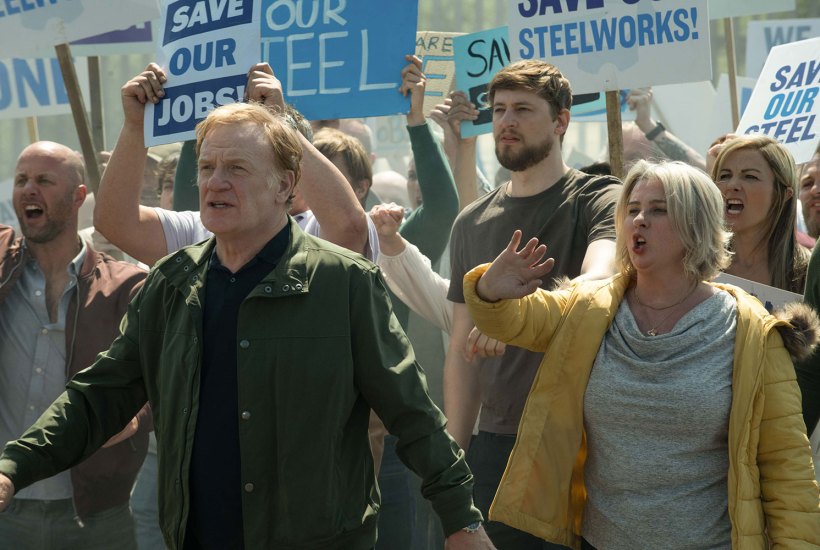‘The British don’t revolt, they grumble,’ said someone in the first episode of The Way. But what if we ever reversed this policy? That was the question posed by a drama that’s clearly a passion project for its director, Michael Sheen – and therefore set in Wales.
More specifically, The Way takes place in Port Talbot, the south Welsh town in which Sheen grew up and to which he moved back a few years ago, unexpectedly preferring it to LA.
Already a subscriber? Log in
Subscribe for just $2 a week
Try a month of The Spectator Australia absolutely free and without commitment. Not only that but – if you choose to continue – you’ll pay just $2 a week for your first year.
- Unlimited access to spectator.com.au and app
- The weekly edition on the Spectator Australia app
- Spectator podcasts and newsletters
- Full access to spectator.co.uk
Or
Unlock this article
You might disagree with half of it, but you’ll enjoy reading all of it. Try your first month for free, then just $2 a week for the remainder of your first year.








Comments
Don't miss out
Join the conversation with other Spectator Australia readers. Subscribe to leave a comment.
SUBSCRIBEAlready a subscriber? Log in